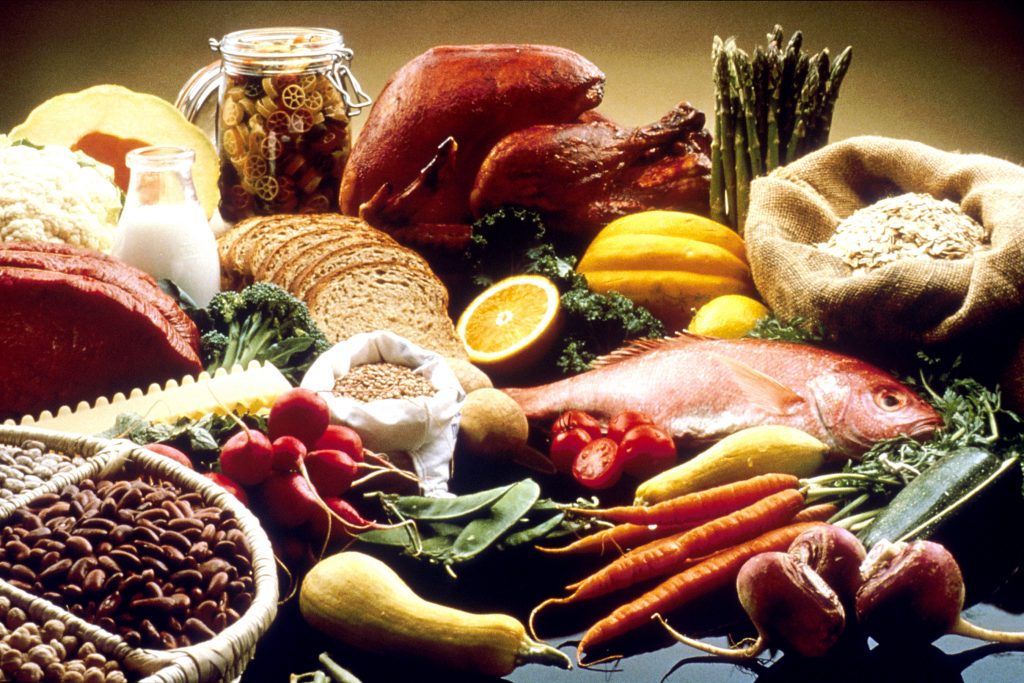In recent years, Britain has become more and more reliant on imported food, with HSBC analyst David McCarthy suggesting that 80% of food in the UK comes from abroad. Despite having a proven effective and successful agricultural industry, Britain is currently not self-sufficient when it comes to food production.
As a nation, we rely on imported food and our agricultural industry for sustenance and economic growth. But can this change? Is it possible for Britain to be self-sustainable?
In reality, does the average consumer pay attention to where their food comes from and its journey from the farm to their fridge? The abundance of produce lining the shelves in your local supermarket and the kaleidoscope of colours coming from the fruit and vegetables aisle originates from far and wide.
Brexit has thrust this topic into the spotlight, with the possibility of a ‘no deal’ making politicians and British citizens alike nervous at the prospect of food security and reduced trade. Therefore, since the results of the Brexit vote, consumers have become increasingly aware of the origin of their food. Videos have even popped up on social media featuring shoppers filming the location labels on the produce in their supermarket.
The National Farmers Union (NFU) president Minette Batters added fuel to the fire by suggesting in August 2018 that if the UK left the European Union without a deal, we would run out of food in a year. Figures do prove that food security in Great Britain has declined by 14% in the past 30 years, so any shift towards self-sustainability would require a huge amount of work.
The reliance on imported food is much dictated by our consumer habits. We expect to be able to eat food that isn’t in season, buying it whenever it’s available, meaning this demand is met by imports.
There are opinions on both sides of the fence in reference to whether it’s possible for the UK to become self-sustainable. What’s clear is it would require an astronomical shift in consumer behaviour.
Former president of the NFU Meurig Raymond told BBC Countryfile Magazine that he doesn’t think the UK will ever be able to feed itself. He said: “The population is rising and there is huge demand for crops that cannot be grown here, society has grown used to so much being available all year round.” On a more positive note, however, he believes we can definitely increase our self-sufficiency.
Professor Tim Lang, a Food Policy expert from the University of London, argued the case for Britain being able to be self-sufficient – but only with a big change. The professor explained to BBC Countryfile Magazine: “Yes, but it depends on what we eat. We’ll have to cut eating meat down to once a week. We have to rebuild our horticulture and put more money into primary food production. There has to be a shift in how we grow our food.”
While Brexit has pushed this important topic into the limelight, it’s not just important to address because we’re leaving the EU. Climate change is a prevalent issue and the amount of food that’s imported isn’t benefiting the environment. To reduce carbon emissions, less produce needs to be flown thousands of miles across the world. Can we ever achieve complete self-sustainability in Great Britain? It’s not impossible. But now consumers know what’s available, it would take a massive shake up to put the genie back in the bottle.



